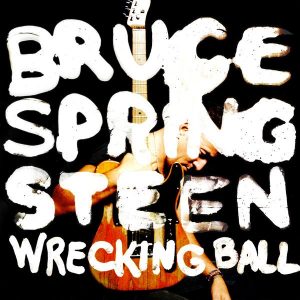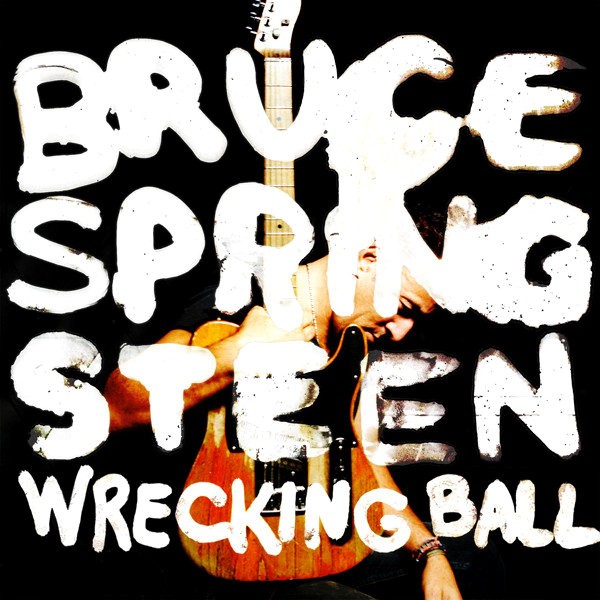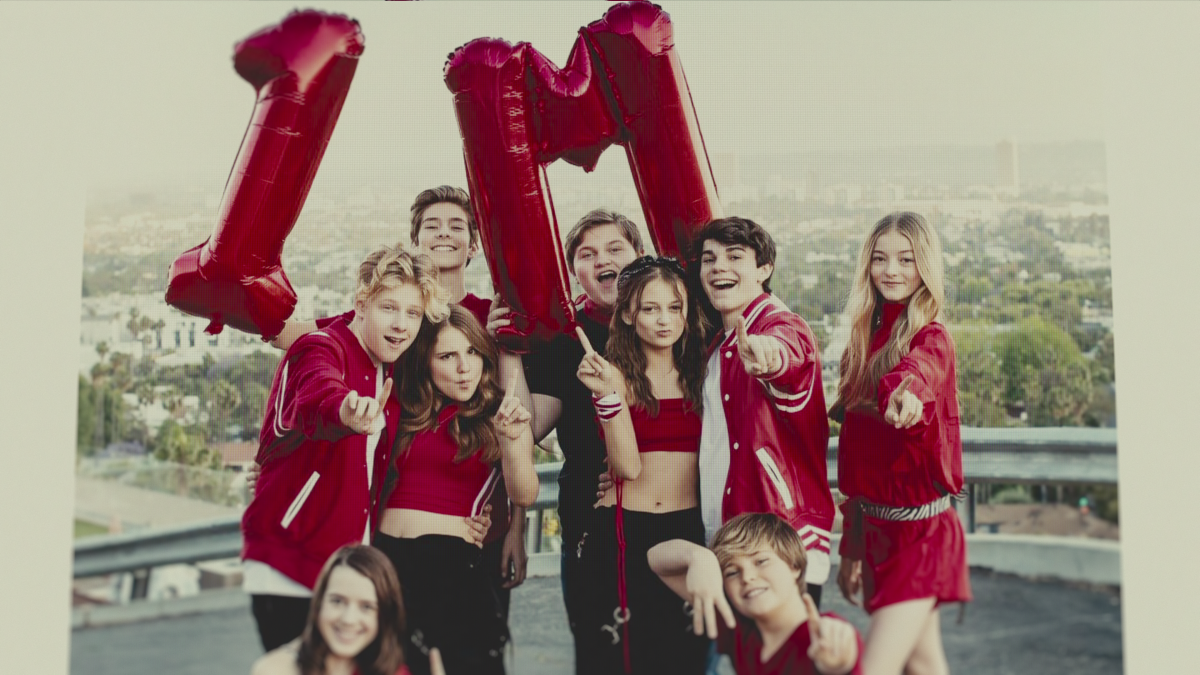 Just prior to the release of Bruce Springsteen’s newest album, Wrecking Ball, on March 7, I excitedly espoused my love of The Boss to a fellow Rebellion entertainment writer. That writer responded with the normal cautious affirmation that is the appropriate response to any passionate rant, and I began to head on my merry way, when she said, “Don’t you think he’s a little… old? I mean, does he really have a place in music any more?”
Just prior to the release of Bruce Springsteen’s newest album, Wrecking Ball, on March 7, I excitedly espoused my love of The Boss to a fellow Rebellion entertainment writer. That writer responded with the normal cautious affirmation that is the appropriate response to any passionate rant, and I began to head on my merry way, when she said, “Don’t you think he’s a little… old? I mean, does he really have a place in music any more?”
My response was a wildly emphatic affirmative (so emphatic, in fact, that my fellow writer appeared frightened). I found myself, however, questioning Bruce’s role as America’s Rock-and-Roll Ambassador. I began to ask myself how a rocker who’s on the edge of AARP membership can speak for Gen-Y kids on the edge of adult life, in a world that is entirely different from the world of Darkness on the Edge of Town. I repeatedly asked myself why I should even listen to Springsteen.
Then, I listened to Wrecking Ball. I remembered one simple but irrefutable argument as to why Bruce Springsteen should speak for my generation, one beat-all-end-all statement to silence my opponents: Bruce was, is, and always will be The Boss.
I do not say this in an arbitrary or obstinate sense. I say this because Bruce Springsteen’s newest album has provided me with the first album in years to give me a glimmer of hope for the future of my country, my generation, and my world. The last album to give me this kind of hope was, coincidentally, Springsteen’s The Rising. The hope that is present on this newest album is the same kind of hope that Springsteen gave Americans 10 years ago, after that September morning when hijackers in Boeings tried to break our wills with flames. Springsteen fired back then, and he fires back now. The targets are different, but the aim remains constant: to provide an incentive to the people of his country to rise up, not in hatred, but in brotherhood.
Springsteen fired back, then, with “My City of Ruins,” which bore witness to the recuperation from 9/11. This time around, he fires back with “This Depression” and “Shackled and Drawn,” which, like the rest of Wrecking Ball, address America’s current economic crisis, ongoing wars, and partisan politics. All of the songs make their salvos with the same kind of lyrical aplomb that Springsteen has been known for throughout his career, and, in the same way, the lyrics reflect the conflict from the same perspective– that of the common man. In “Shackled and Drawn,” he gives an invitation, singing “Pick up the rock, son, and carry it on/ What’s a poor boy to do but keep singing this song.” In “Wrecking Ball,” he gives a challenge and presents a conflict, saying “If you think it’s your time, then step to the line, and bring on your wrecking ball.” In “Death To My Hometown,” he calls out robber barons; in “We Take Care of Our Own,” he asks where compassion has gone. He does so with enough ambiguity to leave room for skeptics to doubt Bruce’s validity as a figurehead, but I choose to see it as quite the opposite. America is in your hands, he says; he is just one aging rock-and-roller, but he’s got a whole country behind him.
The newest iteration of the E Street Band takes part in a similar firey and eclectic display of American will. They do this by incorporating characteristics of every musician or genre Bruce and the boys have been influenced by, into a patchwork of American idealism. The album addressed the diversity of America by making homage to Latin music, gospel music, American folk music and, especially, Irish music (the similarities to Boondocks Saints might ostracize some non-Bostonian fans; I, for one, was able to relate). And it’s not just the genres that collide: one can’t pinpoint sonic similarities to any one artist at a time, but a dozen simultaneously. “Death to My Hometown” sounds like the Mighty Mighty Bosstones to the power of Pete Seeger, multiplied by Dropkick Murphys and divided by Arcade Fire. “We Are Alive” is an amalgamation of Andrew Bird, Johnny Cash, and “This Depression” has a dash of Bob Dylan, a pinch of Gregg Allman, and just a drop of Flaming Lips. Eventually, though, all comparisons fail to describe the sonic quality of the album. Every artist I just name-dropped has a touch of Springsteen, but there is only one artist capable of not only combining the best traits of all of them, and then harnessing this holy union for change to a broken country. As I said so vehemently several paragraphs ago, Bruce Springsteen is forever. The Boss.
As a teenager, I can’t help but take this music to heart. I am a member of Bruce’s vision of America, and I feel liberated to both take back my country in some vague way. Wrecking Ball‘s lyrics are the sonic equivalent of the Occupy Movement: they can’t actively change anything, but they can provide Starbucks employees and children of yuppies with hope for change. If we all really take Bruce Springsteen’s message to heart, however, we will use his words as the igniting spark for the brilliant blaze of our actions. I, for one, will use Wrecking Ball as my soundtrack as I become a citizen of the world. I invite you to do the same.
So, now, to formally answer my fellow Rebellion writer’s question, yes, Bruce Springsteen still has a place in music– if we let him have a place in music. He is just as relevant in 2012 as he was in 1982, or 1972, or even 1942– 7 years before Springsteen’s birth. Bruce Springsteen’s message is universal. It’s about the persistence of upstarts to incite change. If we, as teenagers, decide to be those upstarts, The Boss will live forever.










Maxine Goetschius • Apr 3, 2012 at 11:37 am
This is a very thought-provoking and very well written article. The “Boss” is still sending out messages loud and clear to the younger generation that change is going to be necessary for the future. From my generation on down to yours I also think he is saying through his music and lyrics that our great country is down but not out but there is still hope and the younger generation can grab the ball and run with it to make America a better place–go for it! You are right on!